Israel Says It Will Allow 'Basic Amount' of Food Into Gaza, Ending 10-Week Blockade
- May 18, 2025
- 2 min read

After weeks of mounting pressure from international organizations and humanitarian groups, Israel has announced that it will allow a limited amount of food into Gaza, marking the end of a ten-week blockade that has exacerbated the humanitarian crisis in the region. The decision comes amid ongoing military operations and indirect negotiations between Israel and Hamas.
The blockade, which began on March 2, had completely halted the entry of food, medicine, and other essential supplies into Gaza. Aid agencies have repeatedly warned of a looming famine, with reports of severe malnutrition among displaced Palestinians. The Israeli government stated that the move aims to prevent a full-scale hunger crisis while ensuring that aid does not fall into the hands of Hamas militants.
Military Operations and Political Context
The announcement follows Israel’s intensified military campaign in Gaza, which has seen extensive ground operations and airstrikes targeting Hamas strongholds. Prime Minister Benjamin Netanyahu’s office confirmed that the decision to allow food into Gaza was made based on military recommendations, ensuring that humanitarian aid does not interfere with ongoing operations.
Despite the easing of restrictions, concerns remain over the distribution of aid. Israel has emphasized that it will implement strict measures to prevent Hamas from controlling food supplies, a claim that humanitarian organizations have contested. Meanwhile, indirect negotiations between Israel and Hamas continue in Qatar, with discussions focusing on a potential ceasefire and the release of hostages.
Humanitarian Crisis and International Response
The blockade has led to dire conditions for Gaza’s population, with reports indicating that over two million people have been struggling to access food and clean water. The World Health Organization and other global agencies have warned that the situation could escalate into a full-scale famine if immediate action is not taken.
International leaders, including U.S. President Donald Trump and French Foreign Minister Jean-Noel Barrot, have urged Israel to allow unrestricted humanitarian aid into Gaza. While Israel’s latest move is seen as a step toward alleviating the crisis, many argue that it is insufficient given the scale of suffering.
What’s Next?
As Israel continues its military operations and negotiations with Hamas, the future of Gaza remains uncertain. Humanitarian groups are calling for a more comprehensive solution that ensures sustained access to food, medical supplies, and essential services. Meanwhile, displaced Palestinians continue to face immense challenges, with many living in makeshift shelters amid ongoing conflict.
The coming weeks will be crucial in determining whether Israel’s decision to allow food into Gaza will lead to broader humanitarian relief or if further restrictions will be imposed. For now, the people of Gaza await tangible improvements in their living conditions as the international community watches closely.
.png)
.jpg)

























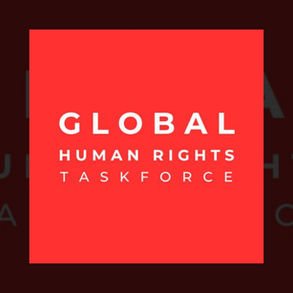




















































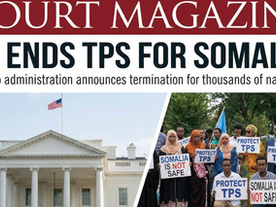







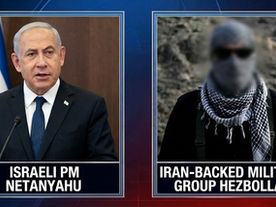



























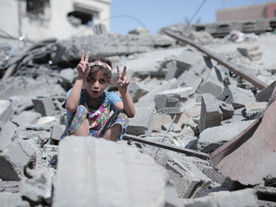












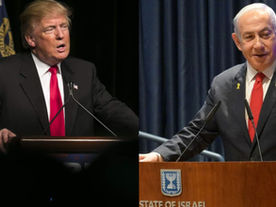




Comments